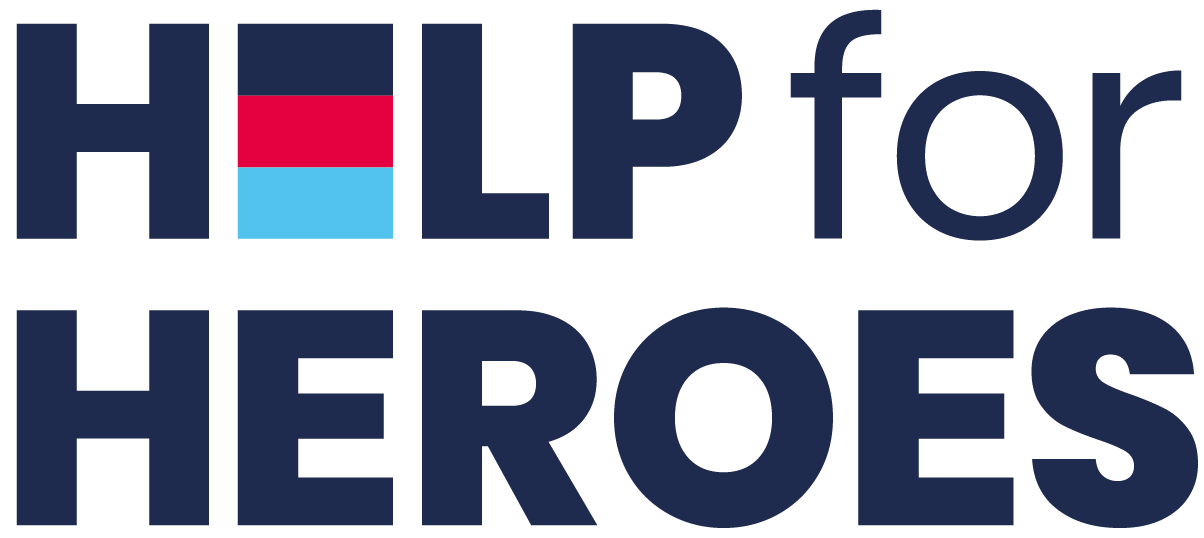Updated on
Former Army nurse Julie Wadham will march alongside 10,000 others during the Cenotaph Service on Remembrance Sunday as part of the largest ever group of veterans supported by Help for Heroes to attend.
Julie, 46, served 22 years in the military, touring in Sierra Leone and Afghanistan. On Sunday she will be honouring those living with physical and psychological injuries due to their service at the annual event in London.
As a nurse with Queen Alexandra's Royal Army Nursing Corps from 1999 to 2021, she worked in Defence Primary Healthcare and looked after the most seriously injured during their rehabilitation at Headley Court. Julie then joined Help for Heroes as a Veterans’ Clinical Advisor in the South.
Julie, who is originally from Teignmouth in Devon, now provides health coaching, advocacy and direct community support to veterans to enable them to successfully engage with the NHS services in their local communities.
She said: “Remembrance for me is not just thinking about those that lost their lives, but about those that are living with the physical and psychological injuries because of their service. This is why my job is so important to me. I want to help those veterans suffering in any way I can.
“I have marched past the Cenotaph once before and it's a very humbling and emotional event to be part of. To march alongside fellow veterans and show my respect in this way is an honour,” added Julie whose father served in the Army for 13 years and is a Falklands veteran.
Help for Heroes has been supporting members of the Armed Forces community to live well after service for 15 years. In that time, the military charity has helped over 27,000 veterans and their families.
Julie will be amongst more than 20 veterans from the Charity wearing distinctive tri-service colours when they march in the national Remembrance Sunday ceremony, held at the Cenotaph on Whitehall in London.
David Hornsby, a Veterans’ Clinical Advisor at Help for Heroes, and who has organised the charity’s largest ever group of veterans in attendance, added: “Remembrance is not just about one day – I think it’s all round for veterans, but the ceremonies on Remembrance Sunday are an incredibly poignant focus for me.
“I was an Emergency Department nurse and was privileged to care for our wounded on operations, many of them experienced traumatic injuries that had previously been regarded as unsurvivable. Many more bear the scars of the events they witnessed, I’m now in the privileged position of being able to continue to support our wounded veterans. Remembrance Day reminds me of the operational tours I deployed on, and those fellow veterans of all operations who I can help now.”






